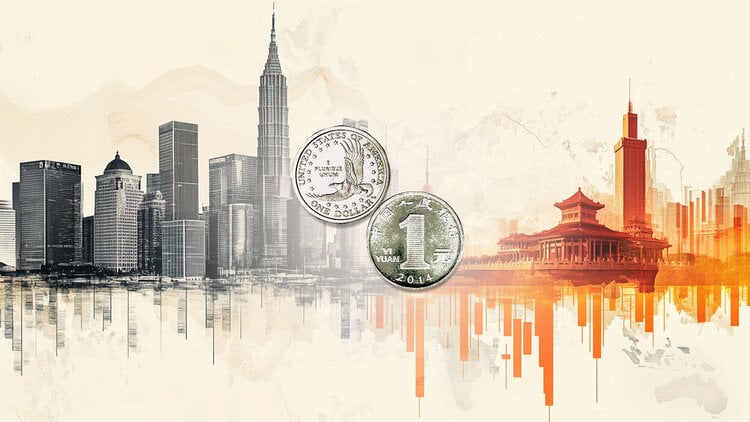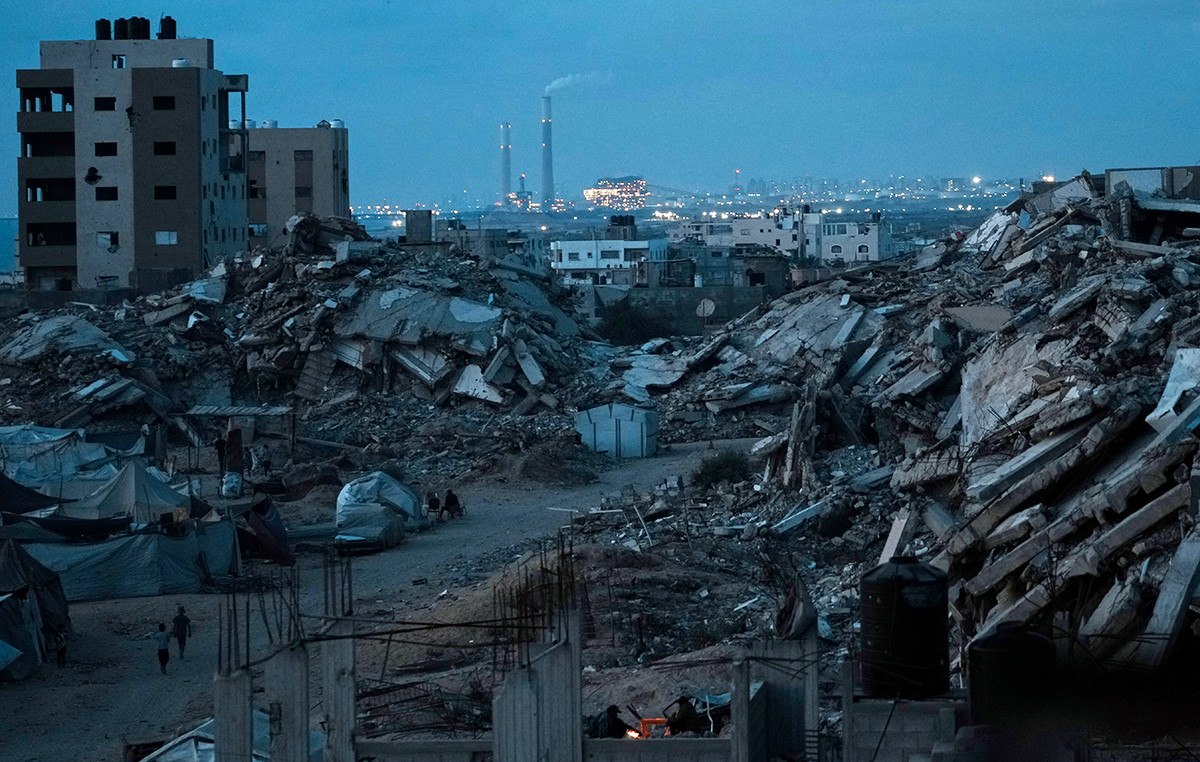COP27 has focused on funding from developed to developing countries for damage containment, reparations and adaptations to climate change. It has been that way since the beginning of the conference and the movement strengthened on Tuesday (9), the first day after the speeches by leaders. In the halls of the conference, there is also talk of financing for companies, through the generation of clean resources.
In an interview with CNN the executive director of the International Finance Corporation (IFC), Makhtar Diop – an arm of the World Bank – stated that Brazil is one of the main targets for investors, largely because of the possibility of setting up sustainable businesses. “Brazil’s potential is immense. From Ceará to Rio de Janeiro, we have a huge potential with clean energy generation. This is something we must invest in and support the transition in Latin America,” he said.
Among the main tasks of the IFC is the establishment of bridges between investors and innovative and sustainable businesses, but also between innovative businesses and the public sector. The institution seeks to explain to governments the importance of adapting and facilitating the entry of these sustainable companies into the market.
About 70% of IFC’s portfolio is renewable energy. According to Diop, the corporation is focused on the poorest part of the world, mainly on the African continent, where they intend to strengthen investments in solar energy. In countries with abundant natural resources, the idea is to invest in green hydrogen, which is generated by renewable or low-carbon energies.
In Brazil, Diop recalled that the IFC launched green bonds, which aim to finance sustainability projects, and, in a pioneering way, blue bonds, which are mechanisms that seek to support clean oceans and sustainable maritime projects. The dialogues have been strengthening, according to the director. “And this is very well received by companies in Brazil. We are also increasing dialogue in PPPs (public-private partnerships). Part of the debt is based on sustainable bonds.”
The circular economy model, in which the end-of-life concept of a product is replaced by non-linear reuse or recycling, has been an attraction for investors. “We also want to get out of plastic. We have projects in Brazil in the production of sustainable paper”. The IMC representative stated that he intends to travel to Brazil between the end of this year and the beginning of 2023, to strengthen sustainable investment in the areas of social and digital inclusion.
The Deforestation Barrier
The evolution of the sustainable Brazilian market depends, however, on environmental preservation. And although Brazil is seen as a country with great potential for reducing gas emissions, strengthening the credit market and generating clean energy, in practice the country faces annual records of deforestation in the Amazon Forest and greenhouse gas emissions. stove.
Meanwhile, at the so-called “Implementation Climate Conference”, a group of at least 25 countries formed the Leaders Partnership for Forest and Climate (FCLP). The idea is to recover forests by 2030. For now, Brazil has not joined the partnership. Negotiations continue.
Source: CNN Brasil
I’m James Harper, a highly experienced and accomplished news writer for World Stock Market. I have been writing in the Politics section of the website for over five years, providing readers with up-to-date and insightful information about current events in politics. My work is widely read and respected by many industry professionals as well as laymen.







